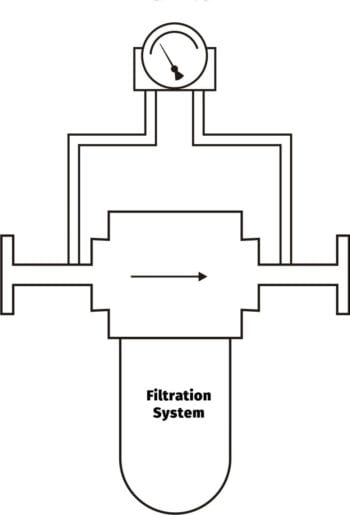What is natural gas?
Natural gas is a fossil fuel composed primarily of methane. Small amounts of other liquids can be found as well, such as propane, along with particles of dirt which is where natural gas filtration comes in. Seismic surveys are used to locate potential pockets followed by the use of an exploratory well. Once natural gas is located, machines drill down into the pockets and the oil swiftly rises to the surface. The gas is collected in oil pipes and sent off to processing facilities. A natural gas filter is used to make the gas more efficient.
When is natural gas filtration necessary?
Different kinds of oil an be mixed underground, so the oils need to be separated after extraction. Fuel gas is often heated in use, so any dust particles or dirt still with the oil lessens its efficiency.
A natural gas filter captures and removes the solid particulates and liquid droplets from the gas stream. The cleaned gas then undergoes further processing, like dehydration and sweetening, to remove water and corrosive compounds like hydrogen sulfide and carbon dioxide.
For greater amount of dirt particles, diaphragm instruments are recommended.
Models 140, 142 and 240 are convoluted elastomer diaphragms.
The Red Maximum follower pointer is a popular option.


